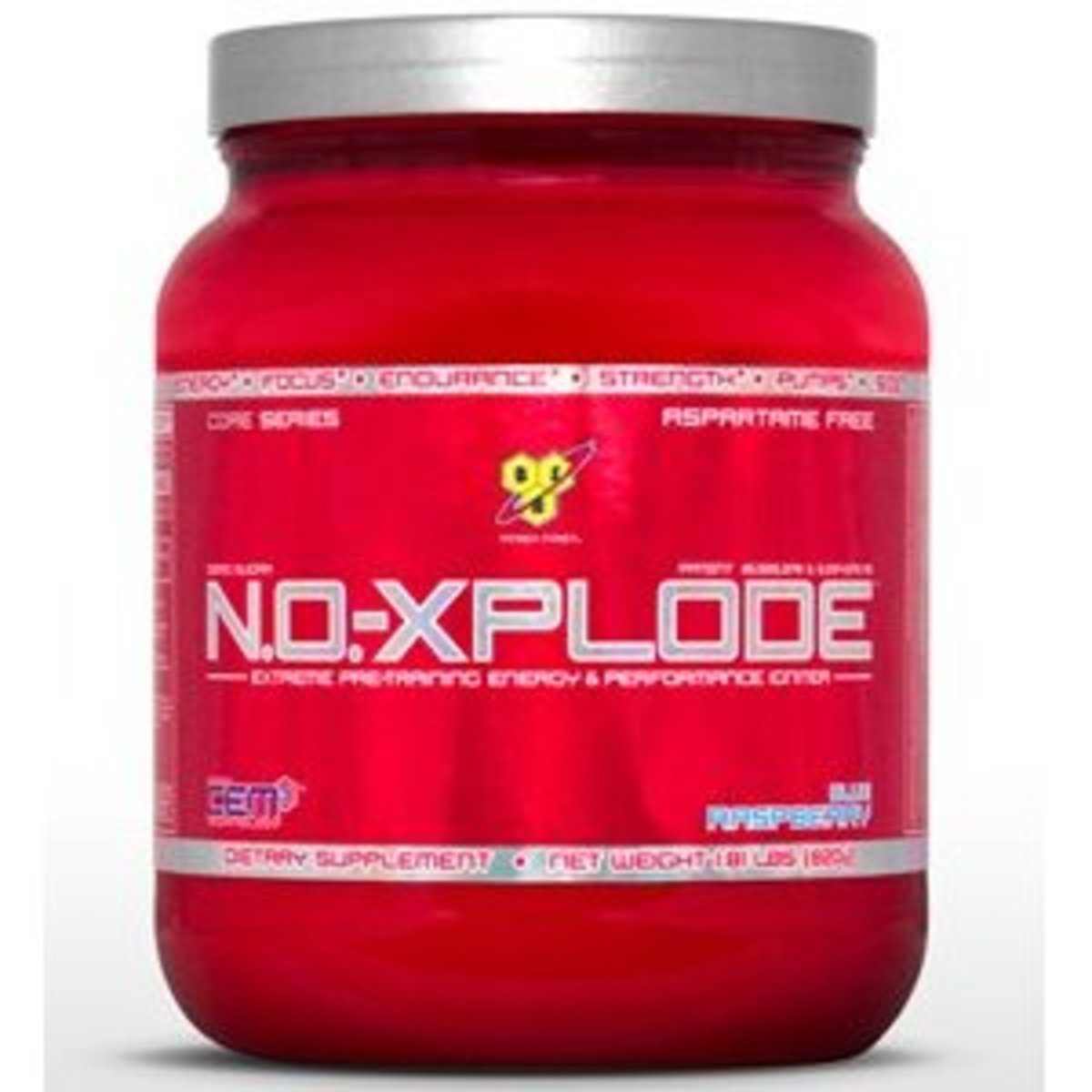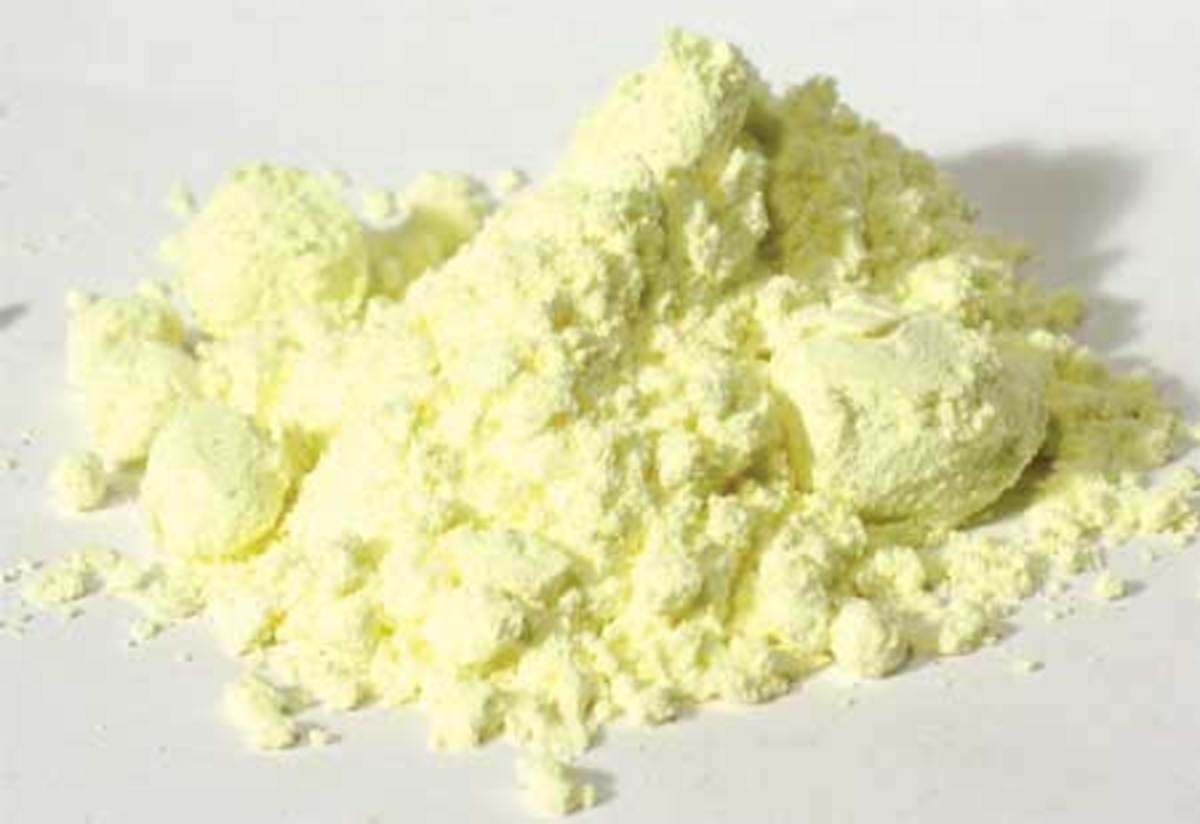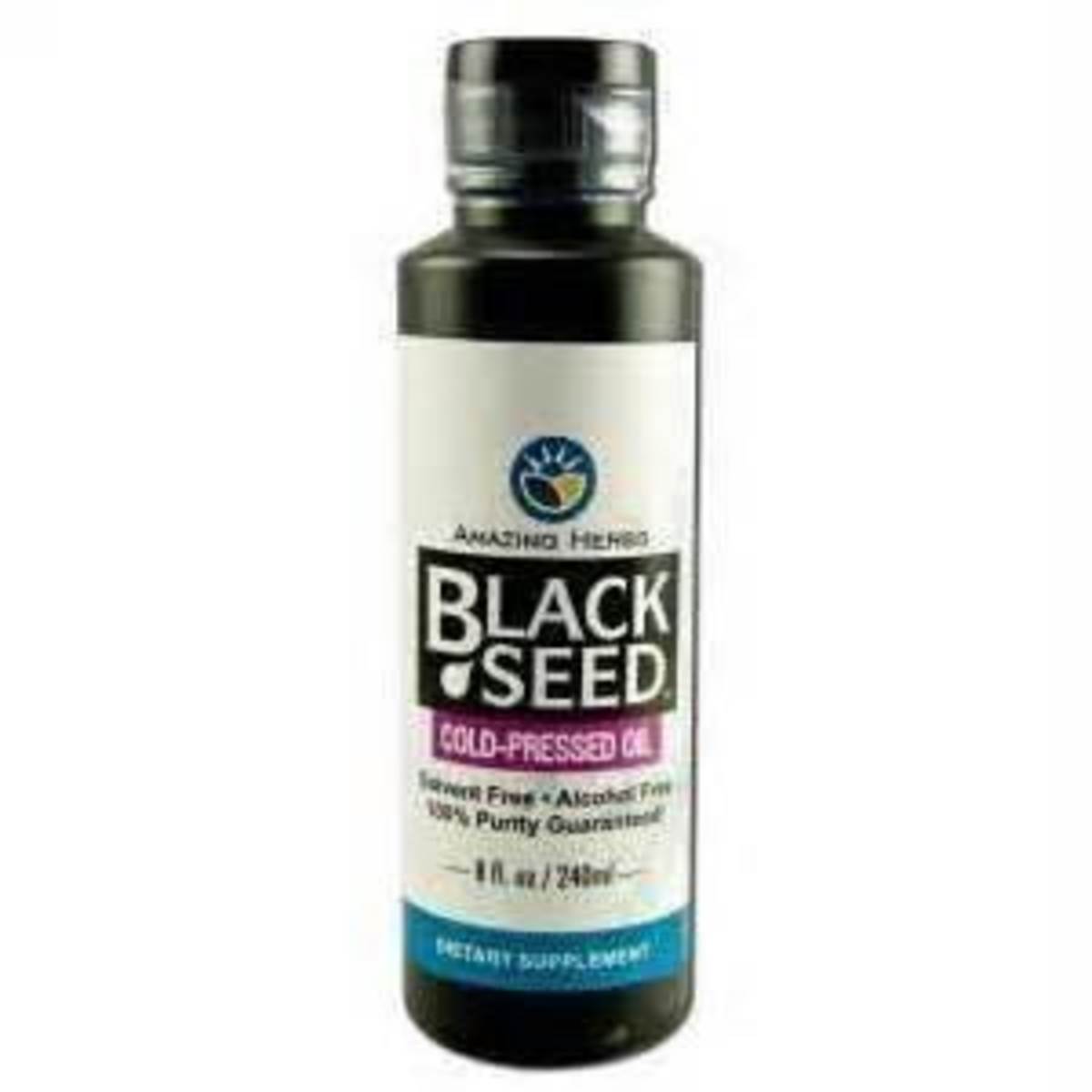Nucleotide Supplements: is There any Evidence to Support Their Use
When I was a wet-behind-the-ears biochemistry undergraduate (and therefore felt that I had a deep and special insight into the workings of the human body), I was very amused by the nucleotide supplements in my local health shop.
Surely they couldn't possibly do anything?
Many years later nucleotide supplements are still going strong. Some of the more interesting claims their enthusiasts make are that the supplements can:
- Boost the immune system
- Improve the function of the digestive system
- Increase energy levels
- Enhance skin cell growth and rejuvenation
- Help you neutralise internal toxins
- Improve circulation
- Slow down ageing
- Stimulate memory neurotransmitters in the brain
Here's a fun exercise: Google one of the more bizarre claims, for example the phrase 'nucleotides neutralise internal toxins', or the intriguing memory neurotransmitter claim.
Google will happily oblige you with sites, which all have lists such as the one above. Many of them refer to 'dramatic Swiss research'. Sadly none of them link to any publications from Switzerland, so we can't check it out for ourselves.
I strongly suspect that one site put up the list and the reference to the mysterious Swiss scientists. This just got cloned by all the other nucleotide supplement supporters.
Perhaps the Swiss scientist might be Dr. Peter Koeppel a CEO of a company that produces nucleotide supplements. Except that he doesn't say half of the things in the above list as far as I can tell.
In the article linked to he does say 'In these days of genetic understanding we are interested in favourable gene expression' What does that mean?!!! How are nucleotides going to produce 'favourable gene expression'. It is utter nonsense.
So are there any studies on nucleotide supplements, and do they show any benefits?
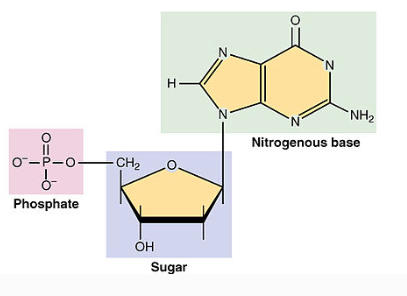
What are Nucleotides and What do they Do
As a matter of fact there are papers published in peer reviewed journals looking at whether there are any benefits in taking nucleotide supplements. But before we get to that, lets just look at what nucleotides are (in more detail than just 'the building blocks of life'), and who they could possible be good for us.
Nobody is disputing the fact that nucleotides are essential biochemicals. The nucleic acids, DNA and RNA are long polymers of nucleotides. There are four different ones in DNA, A, T, G and C, and the particular sequence of nucleotides codes for the various proteins in our bodies.
The human genome consists of 3x109 bases. Every time a cell divides, its chromosomes replicate, so that each of the daughter cells can get its own copy. So each cell division 'costs' 3 billion nucleotides.
This is often the basis for the claim that nucleotides are particularly important for cells with a high turnover rate, such as the lining of the stomach, which is constantly being worn away and replaced.
The first step in synthesising a protein involves copying the nucleotide sequence in its gene into messenger RNA, which can carry the information from the nucleus to the ribosomes in the cytoplasm. So nucleotides are also necessary for gene expression and translation into proteins.
But the roles of nucleotides extend beyond storing of genetic information. Adenosine triphosphate (ATP) is the basic energy 'currency' of all cellular reactions. When glucose or fats are burned, they produce ATP by adding a phosphate group to ADP (adenosine diphosphate). When energy is required by the cell, the third phosphate bond is broken, releasing energy and recycling ADP.
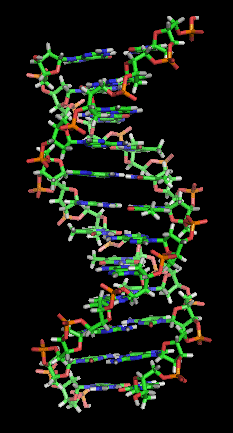
Do we Benefit from Extra Nucleotides?
The supplement marketeers are correct, nucleotides are the 'molecules of life' with lots of essential functions.
But that could be their problem (from a marketing point of view) too. Because they are so important, our bodies make sure that we have plenty of them.
First of all when cells die, the nucleotides in their DNA are not lost, they get recycled. This is known as the 'salvage pathway'.
Then, our cells can synthesise nucleotides in the 'de novo' pathway.
What is more, nucleic acids, which are made up of nucleotides are present in almost all types of cells. And a lot of our food used to be plants or animals, and therefore cells, before it became our food.
There is also the serious question of whether the nucleotides in the tablets you take can be absorbed by your body (bioavailability). A small study looked at whether prolonged intake of ATP in the form of enteric coated tablets had any effects on ATP levels. They concluded that the only thing raised was uric acid.
The authors question the claims that oral nucleotides can have any beneficial effects, since they appear to be degraded by the digestive system and first pass metabolism in the liver.
Nucleotide supplement manufacturers argue that even though our bodies can make nucleotides, as we age we might not be doing it at an optimal rate. Another argument is that under times of physiological stress our rate of synthesis might not keep up with our nucleotide needs.
They also point out that our diets contain a lot more processed food now, which bears a very distant relationship to the 'real organisms' from which it derives. Fresh meat and fish are rich in nucleotides, chips, candy, and even frozen meals don't contain many.
These are sound arguments but in themselves they are merely speculation. The only way to figure out whether nucleotide supplements have any benefits is to do properly controlled randomised trials.

Nucleotides in Infant Formula
To start with let me just say that there is one case in which I believe nucleotides are helpful, in infant formulas. Human milk is a rich source of nucleotides. Formulas that substituted breast milk were deficient in them. Formulas supplemented with nucleotides are clearly better, as this review of the literature shows.
However be wary of people saying that something is clinically proven and citing publications which look at infants. Babies have incredibly high growth rates, so their nucleotide needs are probably very high. They also have very restricted diets, basically its formula milk or nothing (if they are not being breastfed). And finally an adult body might not react in the same way as a developing baby body.
Nucleotide Benefits in Adults
Although there are some peer reviewed studies on the effects of supplementary nucleotides on babies or in animals, not much work has been published on nucleotides in adults.
Of course supplement manufacturers would disagree. On the NuCell IM FAQ (which states that their nucleotide formula supports the 'regeneration of immune cells, gut lining cells, and red blood cells' in answer to the question about clinical trials with nucleotide supplements, they answer 'yes lots' and refer the potential client to an 'independent' website.
Unfortunately that website appears not to be maintained very well. Clicking on the 'publications' link takes one to a page that at first appears to be filled with gibberish. Scrolling down does reveal lists of publications. However, it seems to me they are scraped by computer, with no human curation. Some of them are off topic.
Even the ones that are legitimately about the nutritional value of nucleotide supplementation are studies in animals. These are not 'clinical trials', clinical trials are on people! There are also many publications dealing with infants.
There is one legitimate, properly randomised and placebo controlled study, looking at whether IntestAid IB, from the makers of NuCell IM, can help alleviate the symptoms of irritable bowel disease. The study showed 'modest' (4-6%) in symptoms compared to taking a placebo. The study did involve only 37 people, however.
'Proper' clinical trials usually involve thousands of participants.

Nucleotide Supplements for Athletes?
Supplementary nucleotides also appear to be targeted specifically at athletes, with the promise that it will improve their performance and boost their immune system. Athletes can put their bodies under enormous stress, which might lower their resistance to common infections, which in turn interferes with their training.
Work to support these claims comes from researchers at the University of Hull. Again the study consists of a very low number of volunteers (30 participants).
Another study by the same team looked at the effects of nucleotides after endurance training, with very similar conclusions.
The study found higher levels of the secretory IgA antibody in the saliva of volunteers who took the nucleotide supplement after intense exercise. Normally the physical stress of exercise lowers antibody levels.
The athletes who took the supplement also had lower levels of the stress hormone cortisol. The physical strain of exercise leads to an elevation of cortisol levels.
Cortisol can have many undesirable effects for athletes, including degradation of muscle protein for glucose, inhibiting testosterone release, and suppressing the immune system. Basically cortisol is very short sited, it only cares about surviving that immediate sabre toothed tiger threat, not about what's good for the body in the long term.
A different paper from a team in Serbia looked at sublingual nucleotides (to improve the bioavailability). They found that the supplement improved 'time-to-exhaustion', immunoglobulin A levels and natural killer cell (NKC) activity in runners.
Exercise is of course very healthy. Strenuous training, however, can place a lot of stress on the system. Overtraining can be positively harmful and counterproductive. A supplement that can ameliorate the negative effects of strenuous exercise, by boosting the immune system, and by inhibiting the release of cortisol sounds like a good idea.
However as a caveat you should remember that the studies involved a very small number of participants. It is also unproven that the lower levels of cortisol have a physiological effect.






